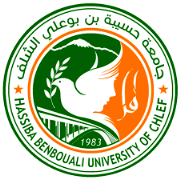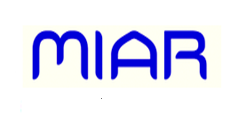The Importance of Correcting Students' Errors in EFL
DOI :
https://doi.org/10.70204/jlt.v1i1.167Mots-clés :
Contrastive Analysis, Errors, Errors Analysis, InterferenceRésumé
In the field of methodology, there are two schools of thoughts as far as learner’s errors are concerned. The first school believes that even if we achieve a perfect teaching, errors will still be committed because there would always be inadequacies in our teaching techniques. The second school however says that since we are living in an imperfect world, errors will always occur. As such then we must find techniques for dealing with errors after they have occurred. This paper tries to shed light on the history of Contrastive Analysis and Language Interference. It explains some concepts and simplifies them to the readers in one hand, and on the other hand, it details the history of Errors Analysis and its significance in Second/Foreign Language teaching and learning. The study is descriptive and theoretical but the researcher believes that practice stems from theory and without theory practice is useless and insignificant. Thus, if learners of English are not aware enough about the types and sources of their errors, they will be unable to progress and find strategies to avoid or minimize the numbers of errors they commit whenever they are asked to speak or write.











